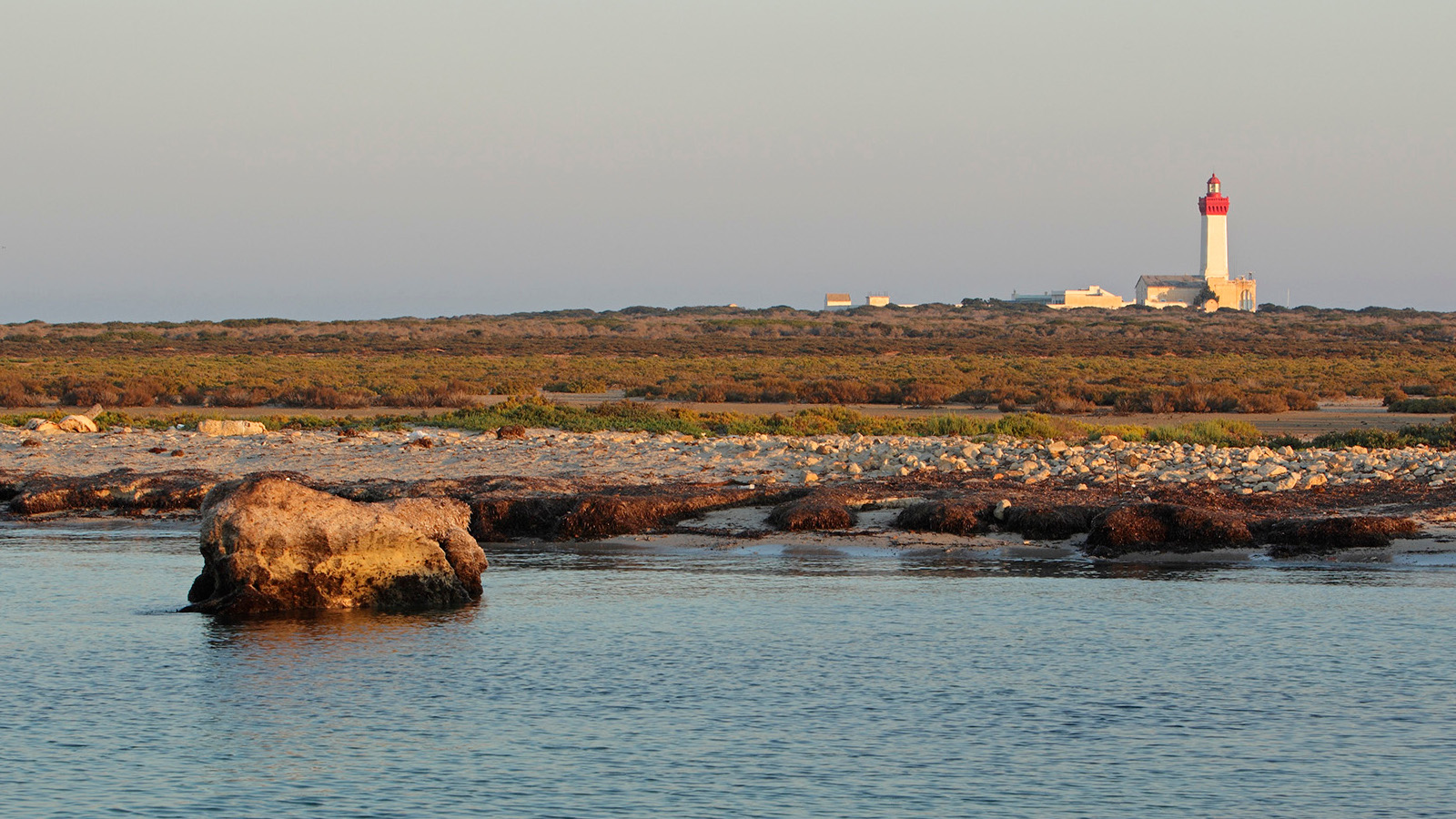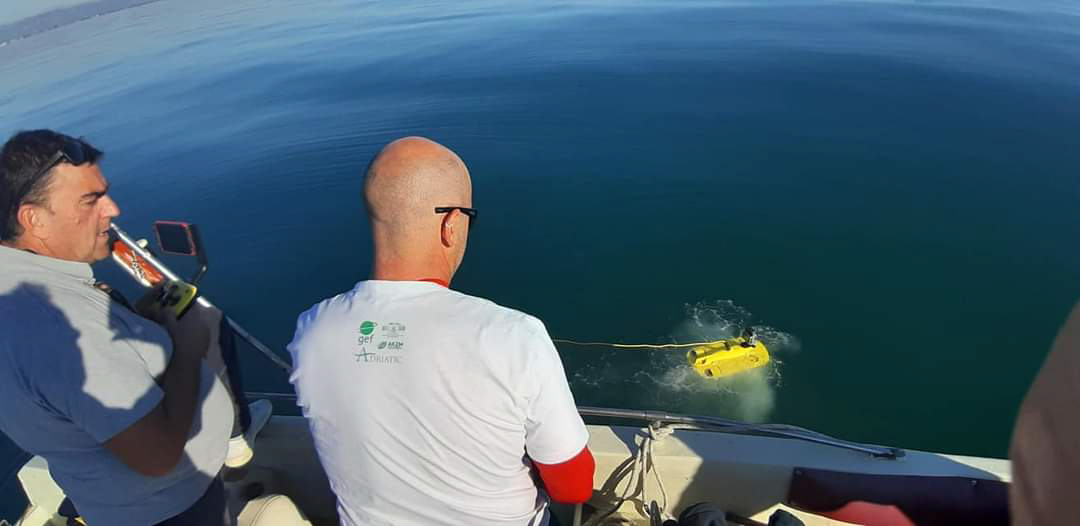The participants reviewed UNEP/MAP-SPA/RAC activities during the present biennium and discussed updated action plans, new measures and strategies for the conservation, monitoring and management of biodiversity in the Mediterranean.
Exceptionally this year, the focal points for Specially Protected Areas and Biological Diversity (SPA/BD) meeting was held by videoconference from 23 to 25 June 2021 due to the sanitary conditions imposed by the COVID-19 pandemic. The meeting saw the participation of 20 Contracting Parties of the Barcelona Convention and representatives of several MAP components and partner organisations.

Group photo of the 15th Focal Points meeting (videoconfrence, 23 to 25 June 2021)

©SPA/RAC, Louis Marie Préau
The SPAMIs in the spotlight
There are currently thirty-nine Specially Protected Areas of Mediterranean Importance (SPAMIs) listed under the SPA/BD Protocol.The sites included in the SPAMI List are intended to have a value of example and model for the protection of the natural heritage of the region. 11 SPAMI ordinary periodic reviews have been carried out over the last two years and have confirmed that the areas concerned are well managed.
The meeting welcomed the draft guidance for identifying and designating Particularly Sensitive Sea Areas (PSSAs) in relation to SPAMIs, prepared by REMPEC in cooperation with SPA/RAC, as a useful and practical tool to further protect SPAMIs from international shipping through the PSSA designation.
The meeting also welcomed the initiative and concepts to set up the SPAMI Day and a SPAMI Certificate, aimed at addressing the challenges related to communication and outreach about SPAMIs, and effective MPA management in general.
Monitoring the Mediterranean Sea and coast
Assessing and monitoring the status of the marine and coastal environment is crucial to achieve and maintain the Good Environmental Status of the Mediterranean. The meeting endorsed the new elements and tools proposed by SPA/RAC for monitoring benthic habitats, marine mammals, marine turtles and non-indigenous species (NIS), and agreed to consider their use for the purpose of the 2023 Mediterranean Quality Status Report (2023 MED QSR).
During the last biennium 2020-2021, several activities were undertaken at national and regional level within the framework of the implementation of the Integrated Monitoring and Assessment Programme (IMAP). These include support to southern Mediterranean countries for the implementation of monitoring programmes in selected sites, the establishment of national IMAP committees and the setting up of informal Online Working Groups, which provided important scientific feedback and technical support for the preparation of biodiversity monitoring and assessment elements.
Some activities were carried out in the framework of projects. The European Union HORIZON 2020 project ODYSSEA has supported various IMAP indicators recording in sizeable marine areas throughout the Mediterranean with innovative technological tools, while the GEF Adriatic project contributed to implementation of both IMAP and Marine Spatial Planning processes under the Barcelona Convention in the Adriatic Sea and particularly in Albania and Montenegro.

©SPA/RAC, Simone Modugno
The post-2020 SAPBIO
The Post-2020 SAPBIO was certainly the agenda item that took up most of the discussion time at the SPA/BD thematic focal points meeting. The new strategy is a MAP flagship product, which aims to unite the efforts of all Mediterranean stakeholders for the conservation of marine and coastal biodiversity.
To recall, the SAPBIO addresses the most urgent drivers to relief the pressure on biodiversity, including those that overarch beyond the strict environmental sector, for example, to foster adequate incentives for the sustainable use of marine and coastal natural resources, to reduce conflicts among overlapping uses, developing marine spatial planning and integrated coastal management; and to mainstream biodiversity into sector/cross-sector policies, including the valuation and accounting of natural capital and ecosystem services.
The post 2020 SAPBIO also proposes actions to strengthen some enabling conditions, such as improving governance and management systems, closing knowledge gaps to efficiently monitor changes, building capacities, improving the funding conditions from national sources, and largely reinforcing cooperation between countries and from international actors.
The goals, targets and actions tables of the strategy were thoroughly discussed during the meeting, including within the framework of a working group, to build consensus. The revised draft Post- 2020 SAPBIO will be submitted to the next MAP focal points meeting and COP 22 for adoption.
All the documents of the 15th SPA/BD focal points will be available soon on the SPA/RAC website.
